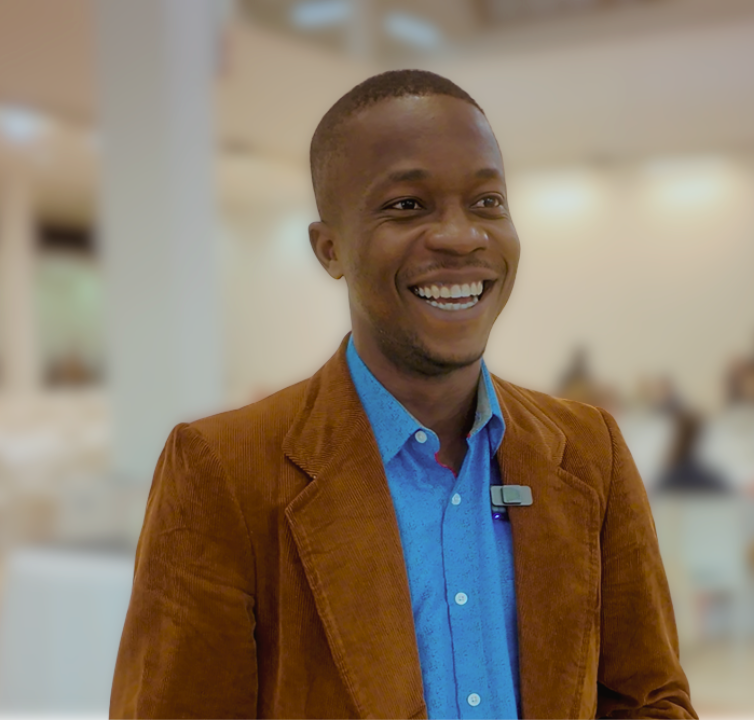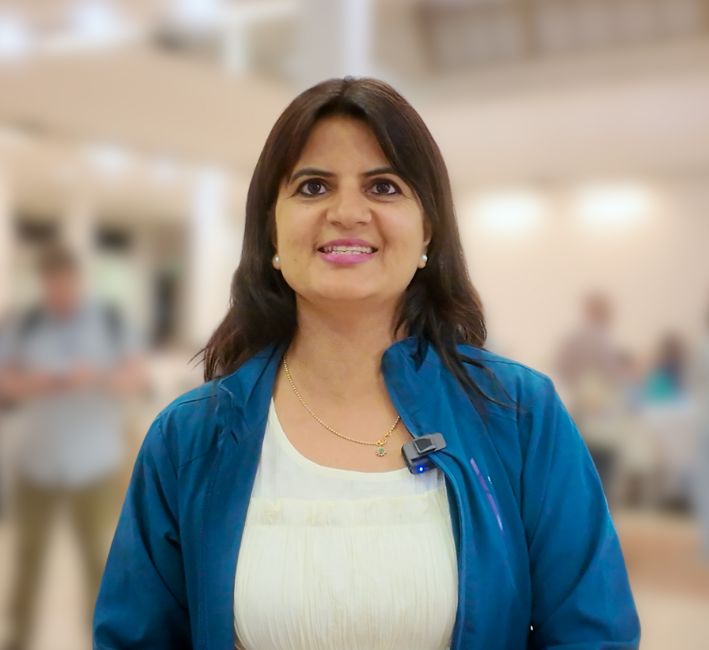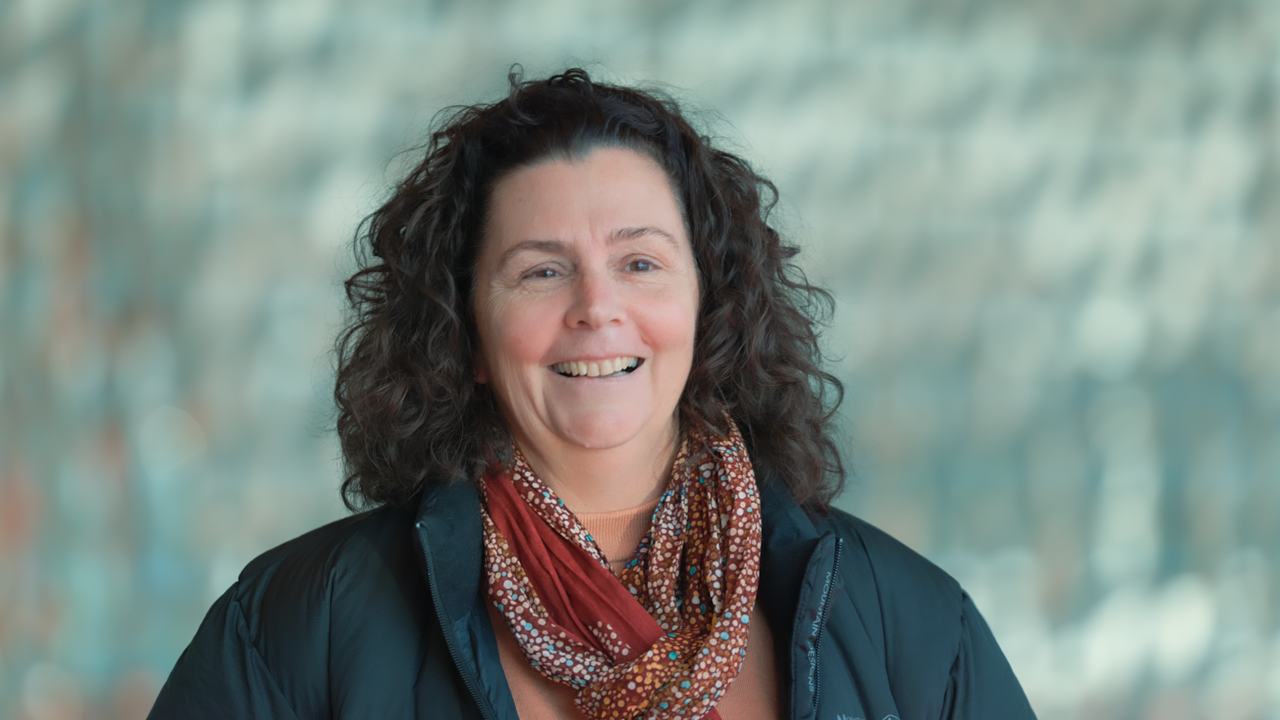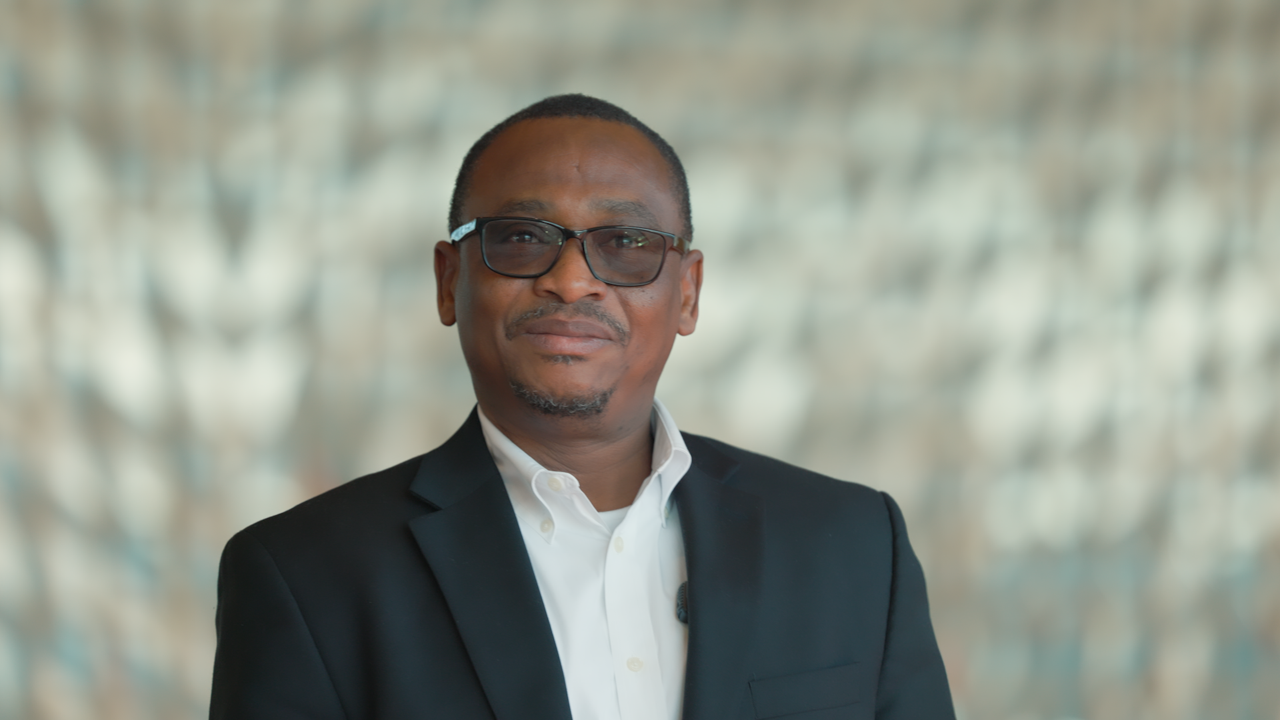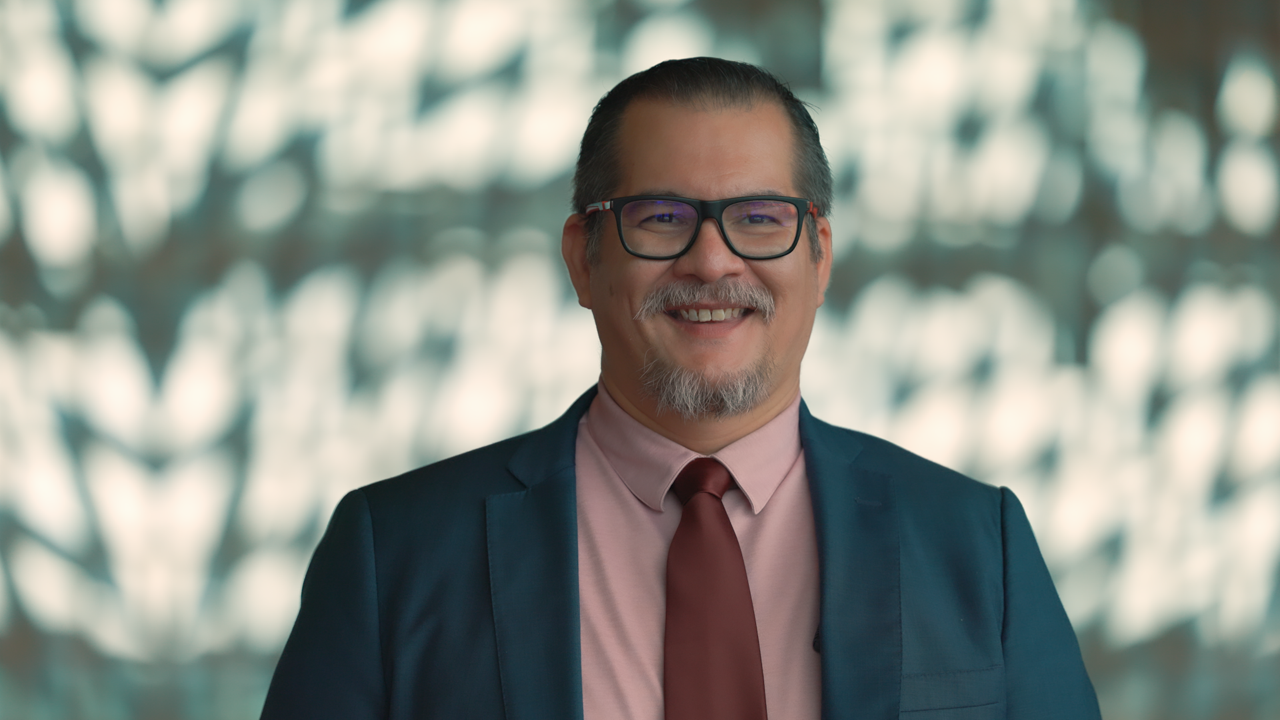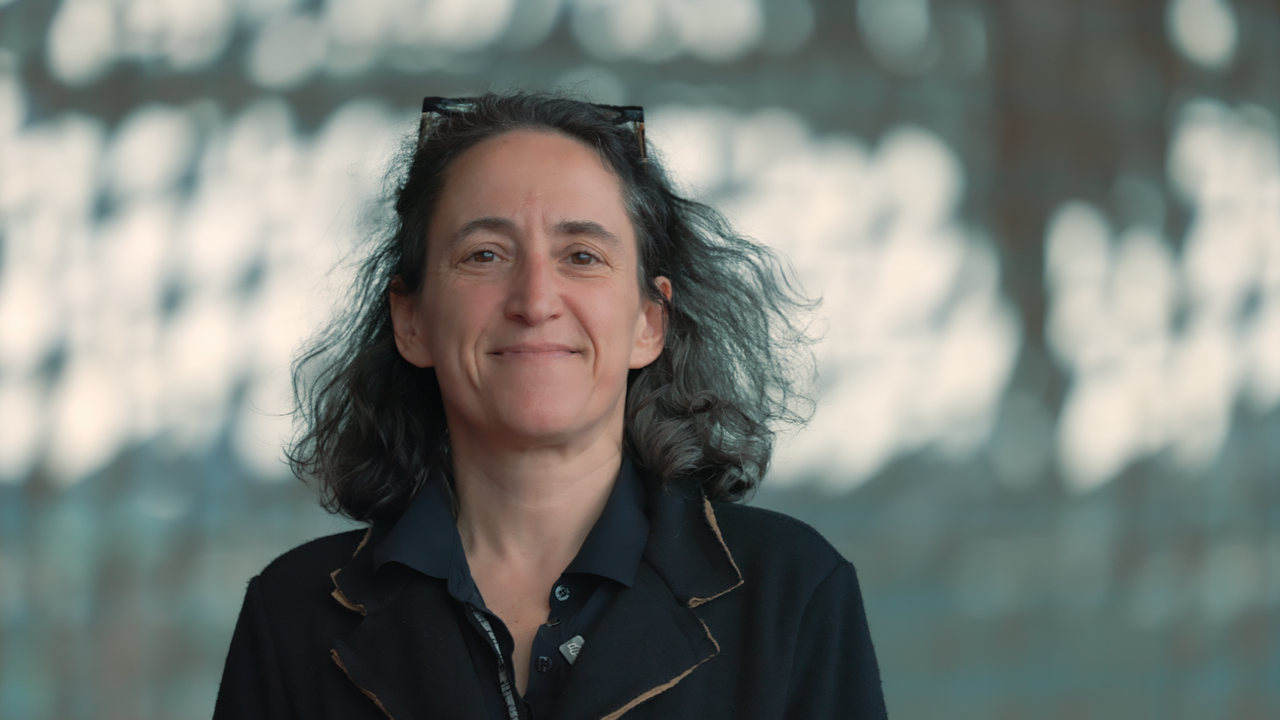Member Spotlight: Sheba Ndagire (Uganda)
IAIA member Sheba Ndagire shares the pivotal career advice she got from her dad, which led her to impact assessment. Plus, hear about her current role. Watch the video now, or read the full transcript below.
TRANSCRIPT
My name is Sheba, and I’m from Uganda. I’m an environmental practitioner and have been doing impact assessment since 2008, and I really love it.
What do you like most about being an IAIA member?
I love that we get to meet so many people — lots of people with different ideas. I love that even when I’m not coming for the conferences, there’s still interaction with different members. And just getting to know different people who are doing impact assessment in different capacities — some who are working in EIA stages, some who are working in post-EIA/monitoring, and the different ideas from all around the world. I really love that we get that diversity of learning what different people are doing — in Asia, in South America, sometimes in the in the US, and elsewhere — the different aspects of impact assessment. It gives me a broader picture — and challenges me, actually — every year to learn more.
What is one thing you enjoy about your current job/role?
I love my current job, and I really enjoy it because I get to look at the post-EIA phase. I get to to work with different people — a diversity of people — and just see where they are at and get to mentor different people in their work towards implementing the environmental management plans. For me that’s really important to see that people get better and better at implementing measures that improve the environment and also get to do infrastructure in a way that doesn’t sabotage the rest of the environment and the people. Generally just seeing people do more sustainable development — for me that’s really good and important.
What career advice do you live by?
My career advice came from my dad. When I first left university, my dad said, “Get the first job — volunteer.” I actually started as a volunteer when I first started working, and my dad said “Volunteer, work — even if you’re not getting paid, just make sure you’re learning how to do the work and make sure you’re passionate about it.” So I would say do something you’re passionate about and always have a goal to learn in whatever job you’re at.
How did you get involved in impact assessment?
When I first left university, I did a voluntary job with youth, and then after that I was kind of looking for direction. Then I met a friend of mine who said, “Do you want to come over? We’re doing some work at my friend’s office.” She was doing something with wildlife then — Wildlife Clubs of Uganda. So I walked into somebody’s office — it happened to be an environmental consultant’s office — and I started volunteering with him. Funny thing is I was escorting everyone — I had done forestry for my first degree, and I was escorting everybody just to go to the field to do their work, and then just like that I started doing impact assessments with them. They were collecting baseline data, and then I sort of learned on the job. I started by doing baseline studies and scoping with an environmental consulting firm about 2 years after finishing university.

